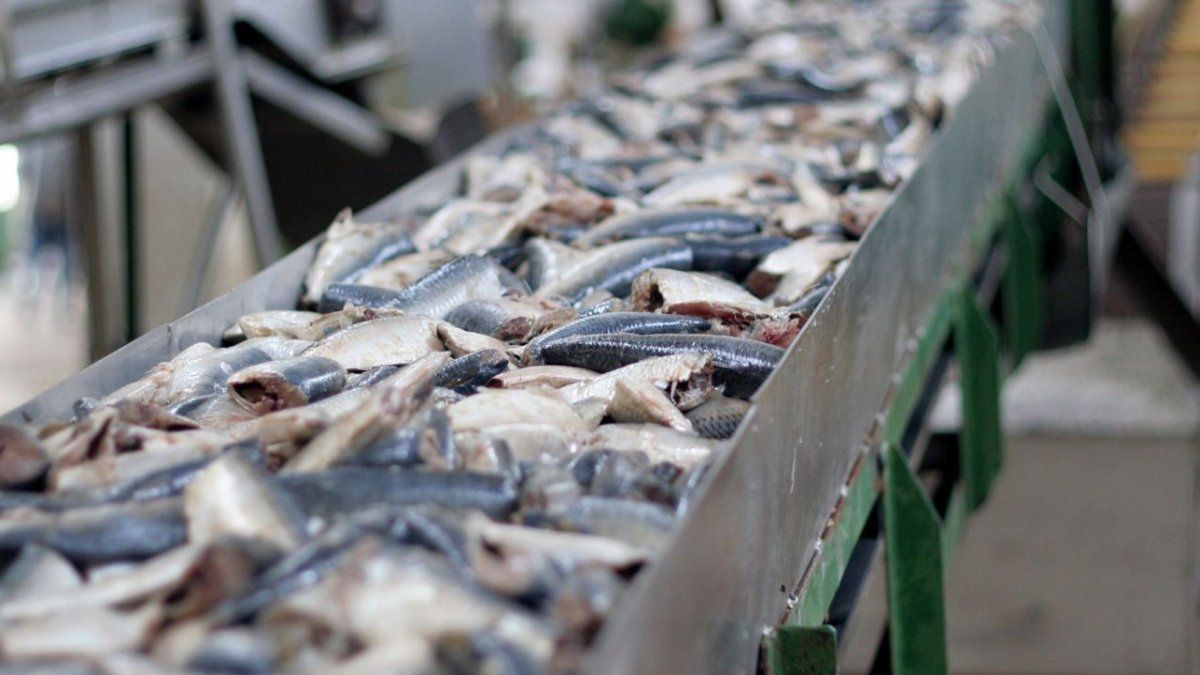Through a statement, the CIN thanked the efforts made by the governors of Chubut, Ignacio Torresand the Buenos Aires native, Axel Kicillofthe mayor of Mar del Plata, Guillermo Montenegrothe Deliberative Council of General Pueyrredón and the provincial and national legislators, but he stressed that they were not enough.
“We warn that the harmful effects of this law (the omnibus) for our industry will not be mitigated by the fact that the original texts of the articles 25 (discharges in Argentine ports), article 40 (Argentine crew) and that the concept of “International Tender” be changed to “National Tender”. This option would continue to generate the same level of uncertainty for our industry and therefore the same paralysis of new hiring until the uncertainty is cleared,” they maintained.
The shipping businessmen clarified that although an attempt was made to moderate the “serious consequences” that the modification of the Federal Fishing Lawas was proposed in the draft omnibus lawthere are changes if they will maintain negative effects on the activity.
“Change the meritocratic scale of the article 27 of the Federal Fisheries Law (History, Investments, Employment, Processing and Infringements) for a mere tender, even if it is national, continues to be a very serious mistake,” they highlighted.
According to the Chamber, first because “foreign interests without precedent can easily settle in the country and try to bid without the “backpack” of investments and employment that the current Argentine fishing companies have today.” And second, because “we would be putting thousands of jobs that depend on family SMEs in an unequal struggle and at risk against the large national companies and foreign capital that exist today. For this reason, we request that the entire chapter of suggested modifications to the Federal Fisheries Law be definitively archived.”
In the press release, the naval leaders also warned about “another diagnostic error” that exists by saying that the fishing “does not contribute enough” or that it is “below its optimal point.”
“In this sense we must clarify that, unfortunately for our fishing industry, all the species in the fishing ground are at their maximum performance. This forces us to work only on replacing ships, when as a Naval Industry we would love to make more ships. In any case, it is possible to increase employment and exports but only through value addition and not by increasing catches. Unfortunately, the flat Export Duties of 15% for all manufactures go against that direction,” they expressed.
Likewise, they highlighted that “the contributions that the sector makes today, we will say that the fiscal pressure it has is suffocating and in the last two years of exchange rate delay, almost all fishing companies had losses and that slowed down the renewal of the fleet.”
The Chamber indicated that “only” in terms of export duties the sector contributed more than US$2.3 billion in the last 20 years and warned that these withholding rates today have tripled, which is “very serious”. “And this is only one item because there are also hundreds of millions of dollars contributed annually in taxes, fishing fees, social charges,” they stressed.
“Let’s imagine all the boats that could have been renewed if those resources captured by the State had remained in the hands of private parties, we would surely have the most modern fishing fleet in the world and an Argentine naval industry of international excellence,” industrialists considered.
Finally, the naval businessmen estimated that although in Argentine fishing “there are many deregulations to be made, aspects to improve and make transparent,” the changes “do not involve modifying a law that works, which is the framework that has given legal stability to the investments made and that allowed the recovery of the resource after the crisis of the late 90s.”
“The Executive Branch has the opportunity to address these improvements institutionally by defining technical, honest and honest authorities both in the Undersecretary of Fisheries as in the Federal Fisheries Council where it has the majority. Let’s start with these designations and continue with the adult and responsible dialogue with the Fisheries and Naval Industry sectors so as not to stop investments and processes underway, such as the virtuous renewal of the fishing fleet that began with the issuance of DNU 145/ 19”, they concluded.
Source: Ambito




